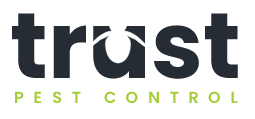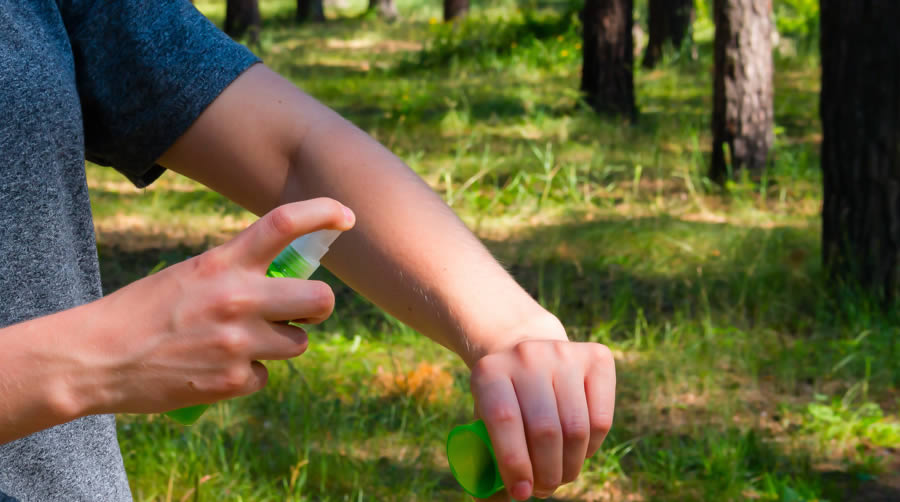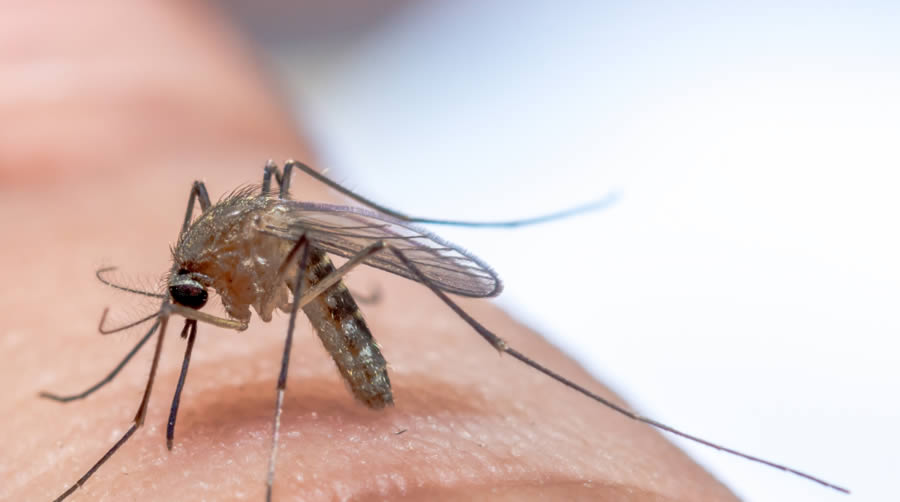Why are pests more active in summer?
Ahhh, summertime! The smell of the BBQ grilling and kids running around in their swimsuits. Nothing quite compares. But along with all this fun comes an unwelcome surprise: pests! Just when we’re ready to soak up some sun, these pesky critters seem to crawl out from every corner, making our homes and gardens feel under siege. So why is it that they come out in full force during the warmest season? In this article, we’ll uncover the secrets behind pest behavior during the summer months. Revealing tips & tricks recommended by the experts, so you can use to reclaim your turf and have a peaceful time outdoors. Let’s get started!
Factors Contributing to Seeing More Pests in Summer
There are several factors that contribute to increased pest activity during summer. These include:
1. It Gets Hotter
The warmer temperatures in Australia and higher humidity levels create ideal conditions for insects to thrive. Many species of insects are able to reproduce faster in warm weather, allowing their populations to grow quickly. In addition, higher humidity levels can make it easier for pests to find sustenance, which further contributes to their population growth.
2. Access to food and water
As it heats up, there is an abundance of food sources available for many pest species. This includes outdoor trash cans, pet food dishes, gardens, bird feeders, and other sources of nutrition that may be found outdoors or inside homes or businesses. In addition, many areas experience heavy rains as the season heats up. This provides additional moisture sources all kinds of bugs and insects.
3. More Reproduction
Hotter climates allow faster reproduction of many species than they would in cooler weather conditions. This means that their populations can grow quickly if left unchecked by pest control measures such as baiting or trapping.
4. Longer Days
Many species of insects are attracted to light sources. Things like street lamps or porch lights which are often left on longer due to extended daylight hours. This makes it easier for these insects to find food sources as well as places to hide from predators or humans who may try to eliminate them from an area.
5. Humans Move More
People tend to spend more time outdoors during the summer months which can lead to an increase in pest activity in certain areas such as parks or backyards where people may be gathering together for picnics or barbecues. The presence of people can attract certain pests such like cockroaches or ants which may be looking for food or shelter from predators in these areas.
6. Increased Moisture
Heavy rains during the summer months can create moist environments that are ideal breeding grounds for mosquitoes that love need moisture. In addition, standing water created by these rains can also attract other types of pests such as rats or cockroaches which may be looking for a source of hydration or shelter from predators in these areas.
7. Hitchhiking
Many species of insects and rodents are able to hitchhike on clothing, luggage, furniture, plants, pets, etc., making it easy for them to spread from one location to another without being noticed by humans until they have already established themselves in a new area. This is especially true during the summer when people tend to travel more often than they do during other times of year which makes it easier for these hitchhikers to spread their populations over large distances quickly if not controlled properly by pest control professionals or homeowners themselves who take preventive measures against infestations before they occur.
8. Pest behavior
Certain species of insects have specific behaviors that make them more active during certain times of year than others due mainly due their biological needs related temperature changes associated with seasonal changes throughout the year. For example, ant colonies may become more active at night when the air gets cooler. While flies may become more active as it heats up. Understanding how different species behave under different environmental conditions can help homeowners identify potential problem areas before infestations occur.
Common Pests Active During Summer
Mosquitoes
They breed rapidly in warm, humid environments, making them a common problem during hot summers. They require standing water in order lay eggs, so these should be eliminated promptly. Mosquitoes also feed on blood, so they’re attracted towards humans when we’re outside enjoying warm weather activities.
Ants
Ants become much more active during hot summers because they need warmth and moisture in order thrive. They’re attracted towards sweet foods like fruit juices, candy, syrup. So it’s important not leave any open containers containing sugary substances outside your home where ants could get access.
Cockroaches
Cockroaches prefer warm climates since they’re cold-blooded creatures, so they are moreactive when temperatures rise. They’re also attracted towards moisture since they need it regularly throughout their life cycle, so any damp spots around your home should be dried up immediately if you want prevent cockroach infestations from occurring.
Rodents
Rodents like mice and rats become much more active during hot summers because they need warmth just like humans do. They’re also attracted towards food sources like garbage cans, pet food dishes, bird feeders, etc., so it’s important not leave any open containers containing food items outside your home where rodents could get access too easily.
Prevention And Control Strategies For Summer Pests
There are several prevention strategies homeowners can use reduce their chances having an infestation occur this summer season. These include:
Keeping your yard clean
Maintaining a well-manicured lawn and removing clutter is the best defence. Moreover, it is a natural eco-friendly way to prevent a pest outbreak. It also offers fewer hiding places for rodents like mice, as well as breeding grounds for mosquitoes and other flying insects.
Eliminate standing water
Many pests, such as mosquitoes, rely on stagnant water to lay their eggs and reproduce. By eliminating these sources, the environment will be less inviting for these pest species and they can be reduced or prevented from becoming a problem.
Conclusion
While pest activity often appears overwhelming in summertime, ultimately it is up to each one of us folks to keep our environment sustainable through what small actions that might drive big results overall! Who knew such immense power lay within our climate? Now take some time-out this joyous season with friends or family outdoors without letting pesky pests unduly distract your precious moments.
Resources
Prevent Mosquito Bites in Summer https://www.qld.gov.au/health/conditions/all/prevention/prevent-mosquito-bites



